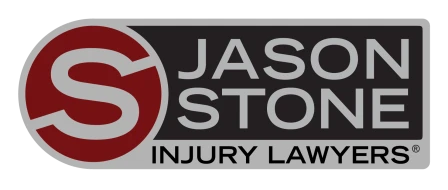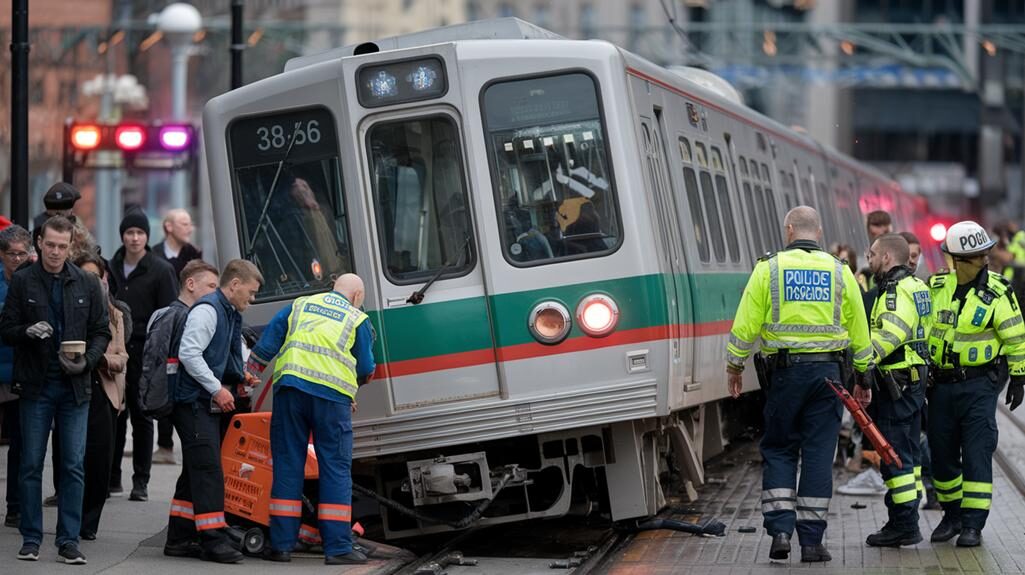In the last two months, GM has recalled more than 3.1 million vehicles in the United States and other markets. The actions started with last month’s recall of more than 1.6 million vehicles for faulty ignition switches, which have been linked to 12 deaths. The latest recalls cover airbag wiring harnesses, brake parts, and other components across several models.
Vehicle recalls are currently at their highest in almost ten years. If you have questions about what to do when your car has been recalled, it is important to follow these five steps:
- Don’t Panic: A recall is typically a precautionary measure that indicates an automaker is dedicated to public safety. Recalls occur when a vehicle doesn’t meet federal safety standards or is found to have a defect that affects safety.
- Confirm: Manufacturers are required to notify you by mail in the event of a recall. If you have not been contacted by the manufacturer in writing, confirm that your car is affected by contacting the manufacturer or visiting NHTSA’s site, safercar.gov. Be sure to have your vehicle identification number (VIN) handy. You can usually find the VIN on the driver’s side of the dashboard in front of the steering wheel.
- Am I Eligible?: Once you know a recall applies to your car, determine if you’re eligible for free repairs. If the car is less than 10 years old from the date of the first purchase, the automaker must correct the problem by repairing the car, replacing the car, or providing a refund for the purchase price of the car minus depreciation, according to NHTSA. If your car is more than 10 years old, you will have to pay for repairs out of pocket. If you have already paid for repairs to correct a defect that’s since been recalled, you may be eligible for reimbursement. Make sure you act quickly on this matter: Eligibility for reimbursement is determined within 10 days of the manufacturer mailing out the last recall notice.
- Be Patient: Once a recall has been issued, the law gives an automaker a grace period to implement a plan of action. In this case, there is nothing to do but wait for further instructions. Usually, your local dealership will make the necessary repairs at no charge, regardless of where you originally bought the car. However, dealers aren’t required to make any repairs before the official date is issued by the manufacturer.
- Seek Help. If you are having difficulty getting your car repaired or repaired without charge, you should first contact the dealer service manager and provide a copy of your recall notification letter. If that doesn’t work, try contacting the manufacturer. If all else fails, file a complaint with NHTSA by phone, mail, or online.
Jason Stone and his team of Boston Personal Injury Lawyers strongly encourage everyone to follow these five steps if your car has been involved in a recall.
Not Trusting What You’re Being Told?
Better Phone Stone
800-577-5188
 START MY NO OBLIGATION CONSULTATION
START MY NO OBLIGATION CONSULTATION






